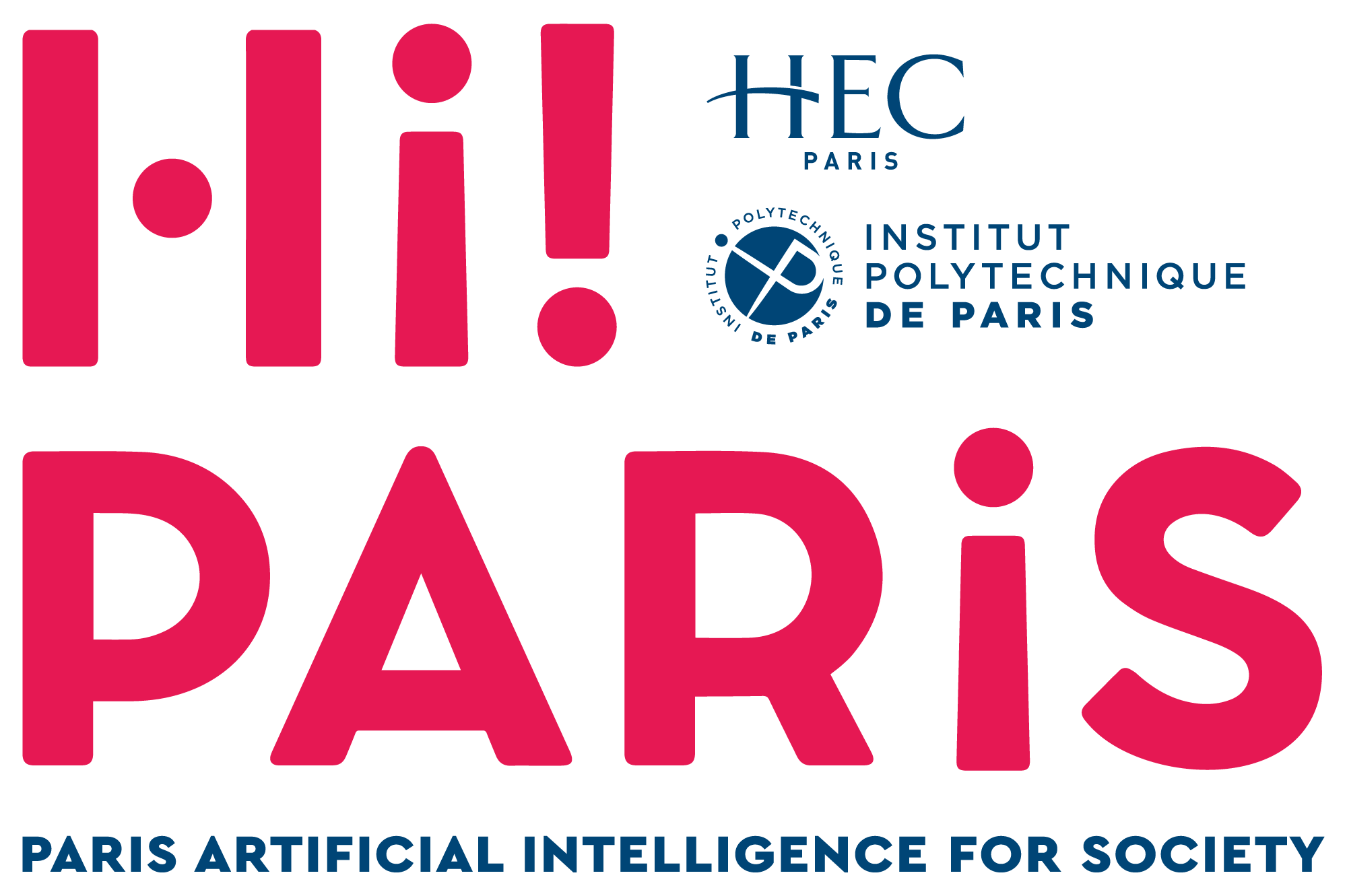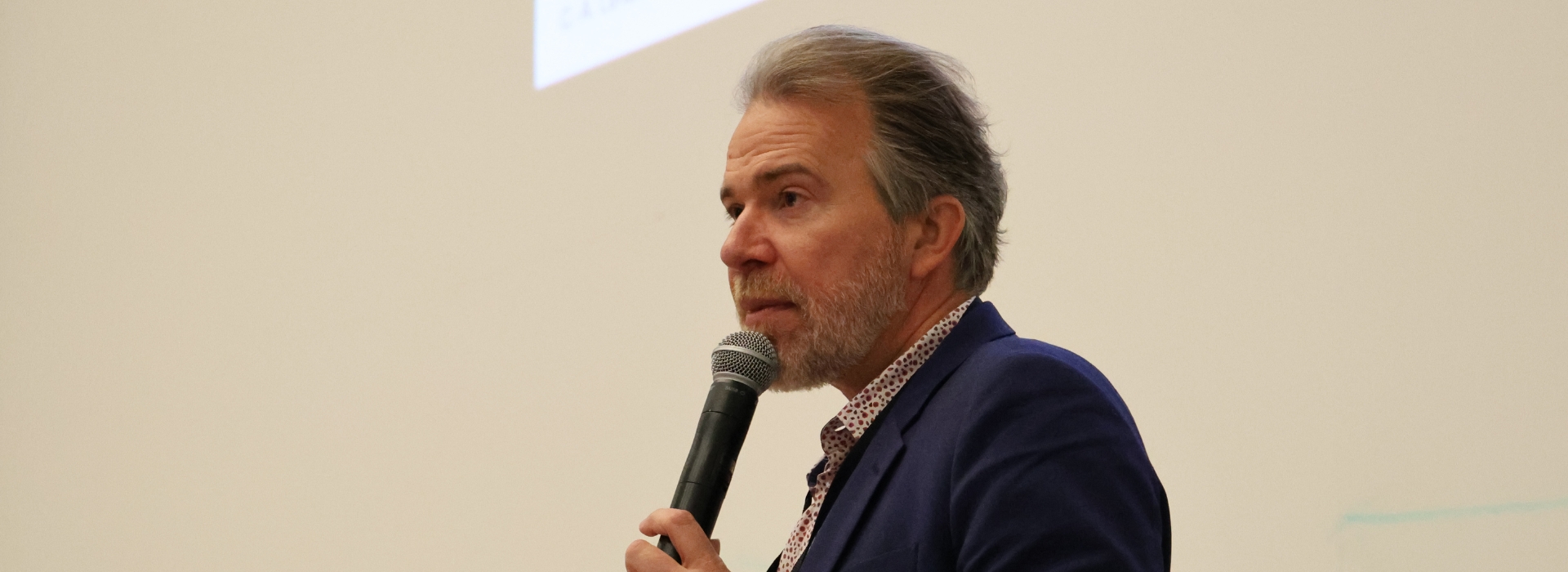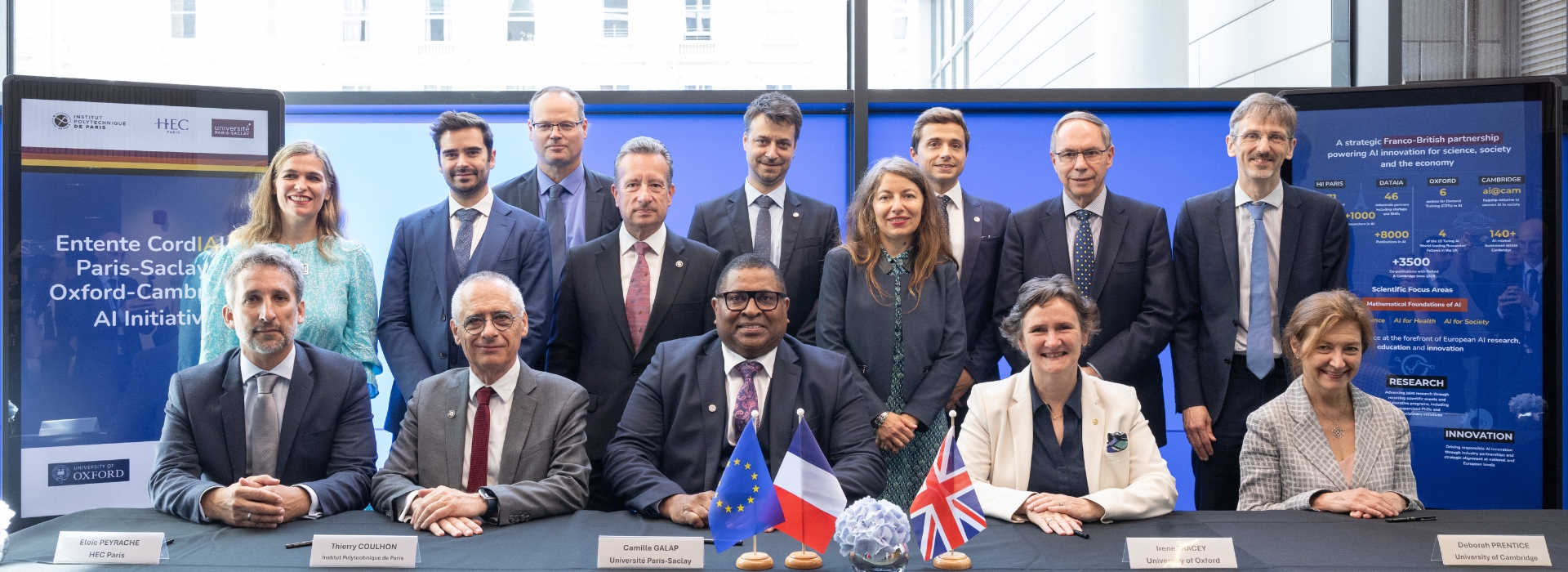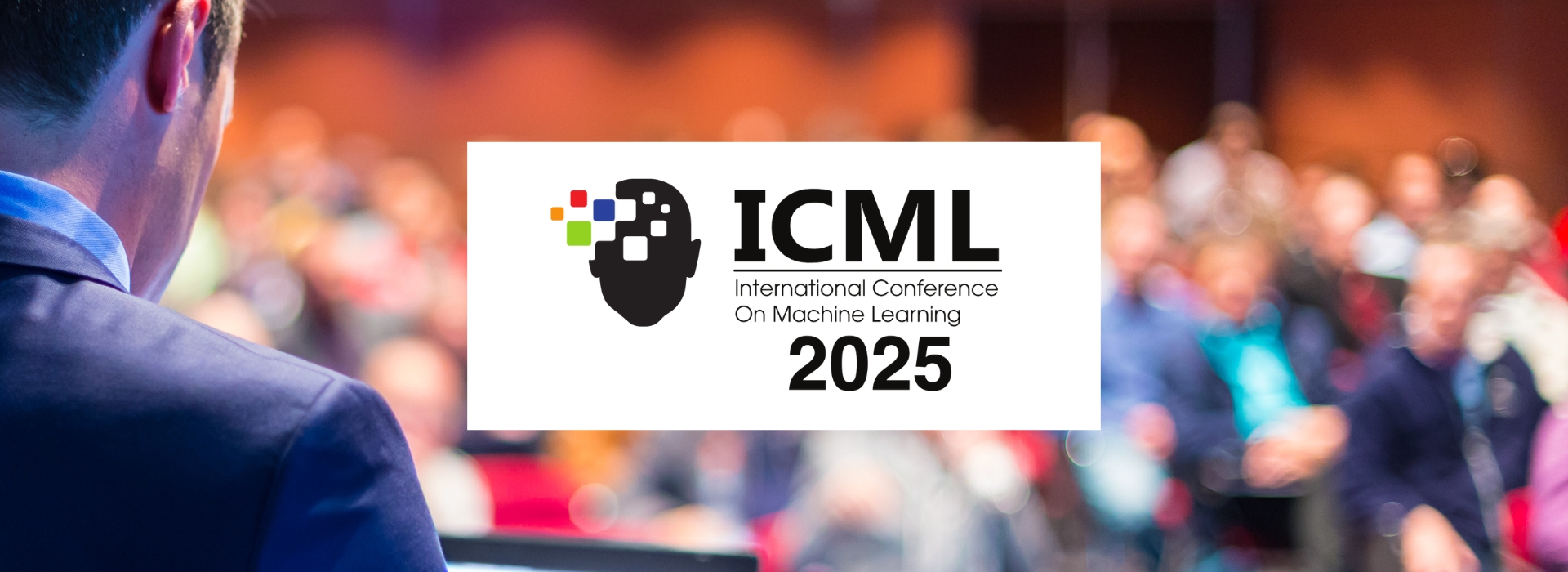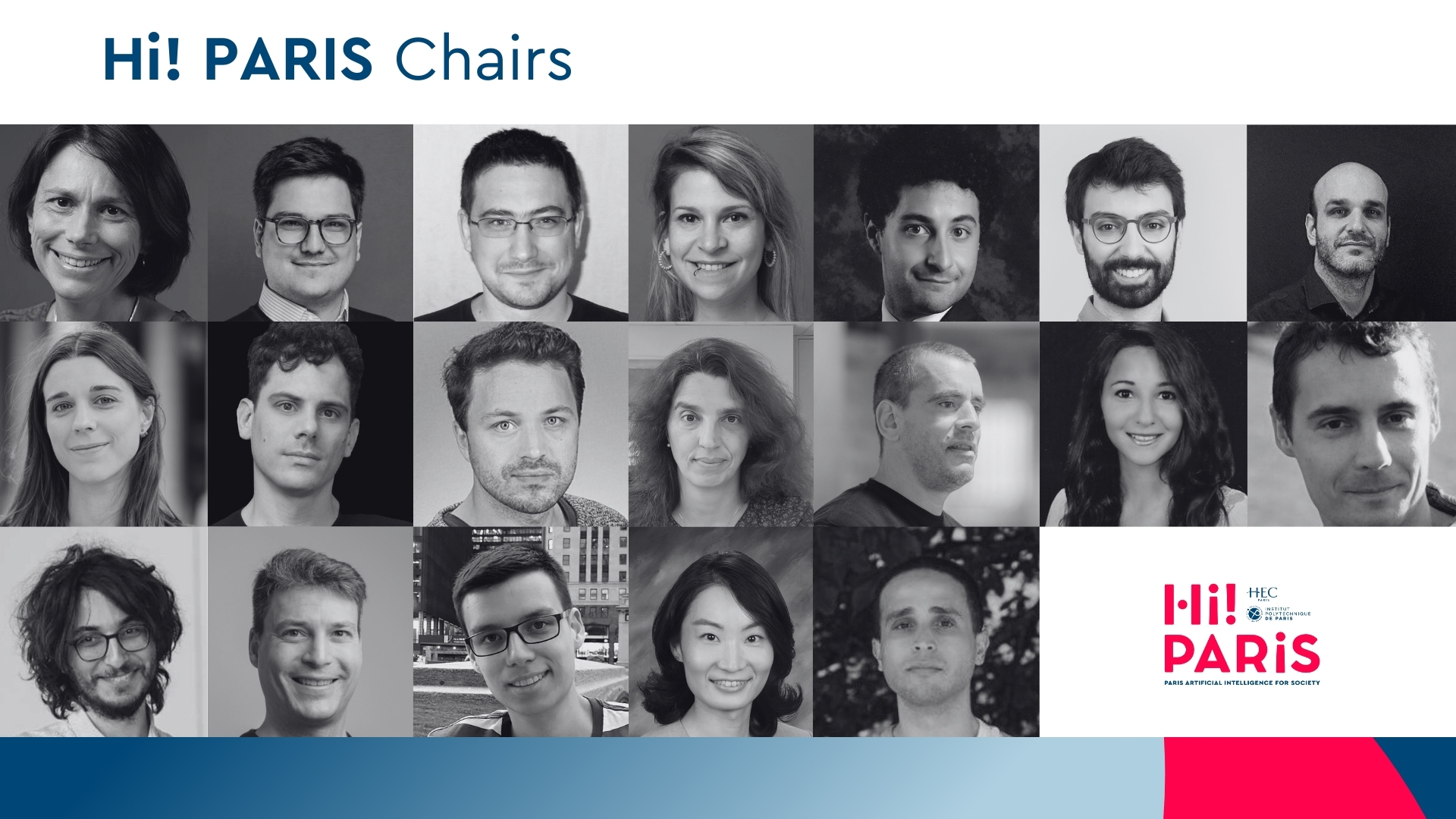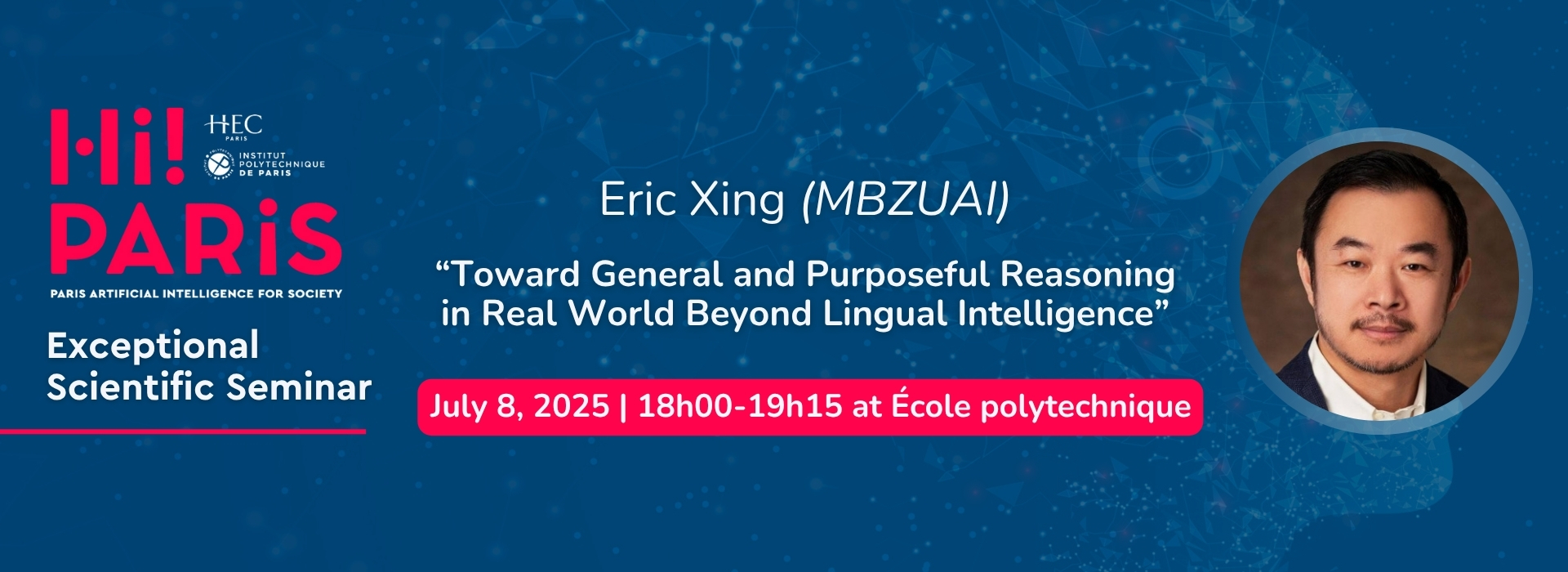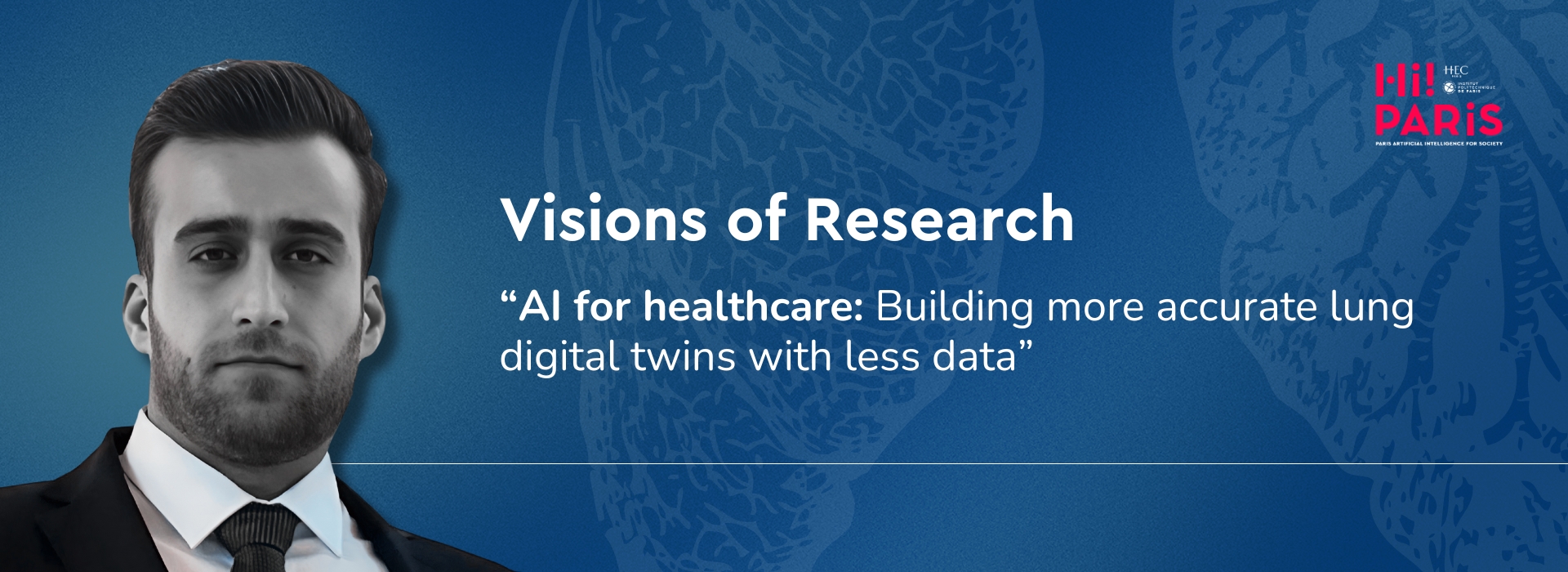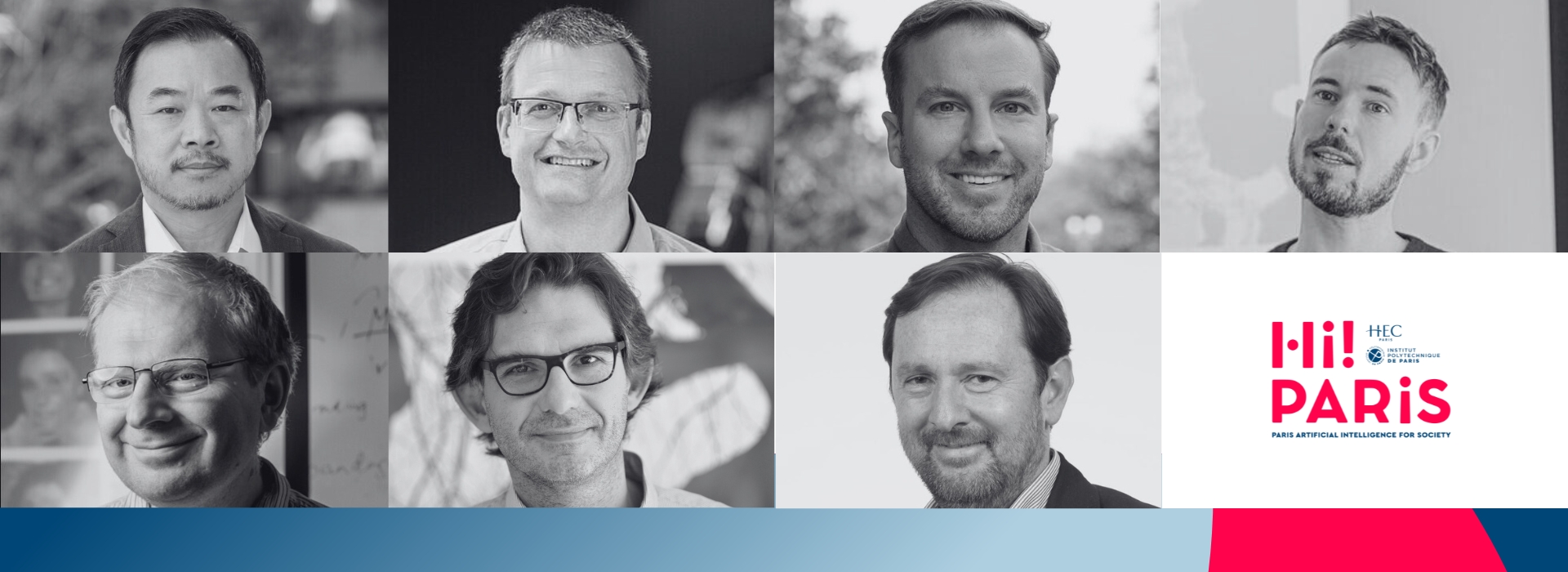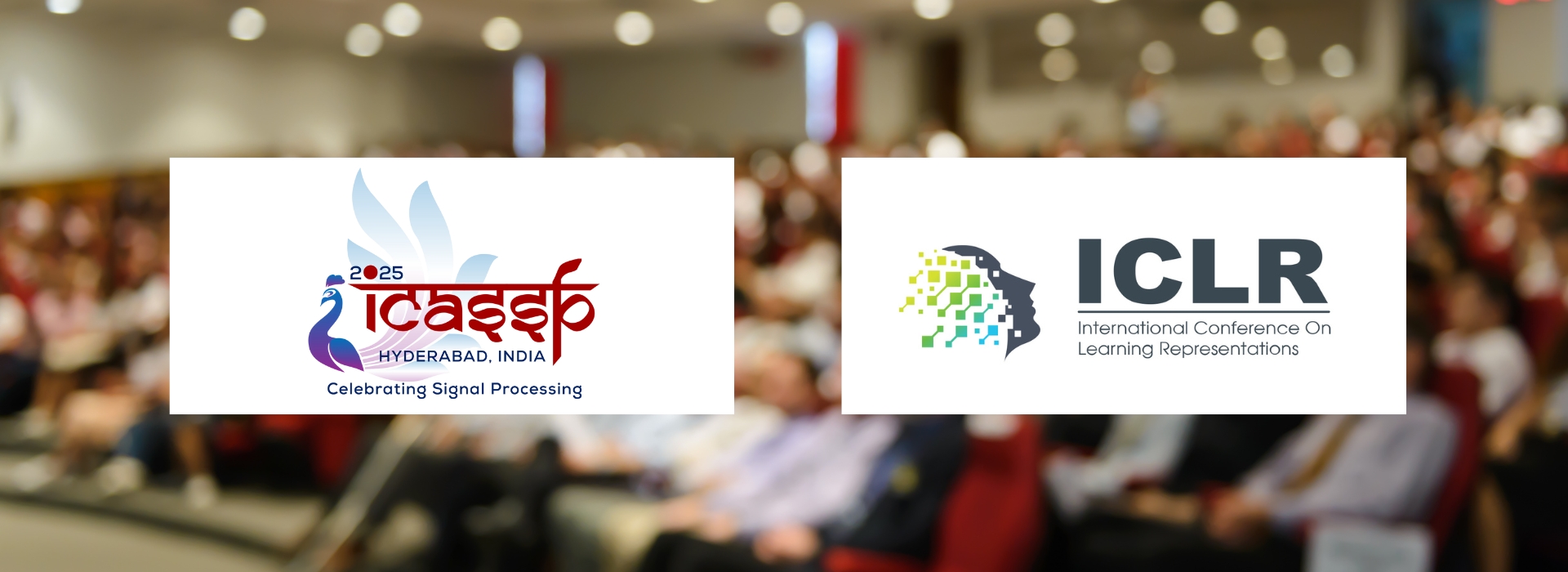Luiz Chamon, new Hi! PARIS Chair-holder at École polytechnique, focuses on making AI trustworthy by design.
His work rethinks how intelligent systems learn, embedding fairness, safety, and robustness from the start to ensure AI serves society responsibly.
How is AI changing the way we think about financial markets? In this talk, Charles-Albert Lehalle draws on experience across academia and industry to explore what’s really shifting, from the use of alternative data to the role of retail investors.
Launched during the French President’s state visit to the UK, the Entente CordIAle Paris-Saclay – Oxford-Cambridge AI Initiative unites Institut Polytechnique de Paris, HEC Paris, Université Paris-Saclay, Oxford, and Cambridge to advance AI for science, business, and society.
At its core, Hi! PARIS plays a key role in driving this €70M partnership, supporting joint research, PhD programs, mobility initiatives, and industry collaboration to foster responsible and sovereign AI.
From July 13 to 19, Hi! PARIS researchers will take part in the International Conference on Machine Learning (ICML 2025), one of the world’s leading conferences in artificial intelligence, held this year in Vancouver, Canada. A total of 27 research papers from Hi! PARIS affiliated teams have been accepted following ICML’s highly selective peer-review process, recognizing the […]
We are proud to introduce the newest cohort of Hi! PARIS Chairs, part of the Hi! PARIS Cluster 2030 initiative. Designed to foster long-term excellence in AI and data analytics, this program supports innovative research across science, business, and society. Hosted within leading institutions, Institut Polytechnique de Paris, HEC Paris, Inria, and CNRS, the 2025 chairs […]
Exceptional Seminar with Prof. Eric Xing at École polytechnique Hi! PARIS is honored to welcome Professor Eric Xing, President of the Mohamed bin Zayed University of Artificial Intelligence and Professor at Carnegie Mellon University, for an exceptional scientific seminar on July 8, 2025, at École Polytechnique. As one of the leading figures in AI and machine learning, […]
We are proud to announce that Arnak Dalalyan, director of CREST, Hi! PARIS Fellow and Professor of statistics at ENSAE Paris, has been awarded a European Research Council (ERC) Advanced Grant for his project SAGMOS.
Télécom Paris PhD researcher Ali Keshavarzi reveals how AI can model the lungs more accurately, using fewer annotated scans, by combining deep learning with frugal, topology-aware techniques.
Hi! PARIS launched the International Visiting Chairs program in December 2024 to support international scientific collaboration. The program invites researchers from institutions abroad to spend time working with research teams affiliated with Hi! PARIS member schools in France. For 2025, we are welcoming seven international visiting professors. Each will collaborate on a specific project in […]
In April 2025, Hi! PARIS researchers were recognized at two major international conferences in Artificial Intelligence. From April 6 to 11, the IEEE International Conference on Acoustics, Speech, and Signal Processing (ICASSP) highlighted breakthroughs in signal processing, audio, and speech technologies. Later, from April 24 to 28, the International Conference on Learning Representations (ICLR), the […]
